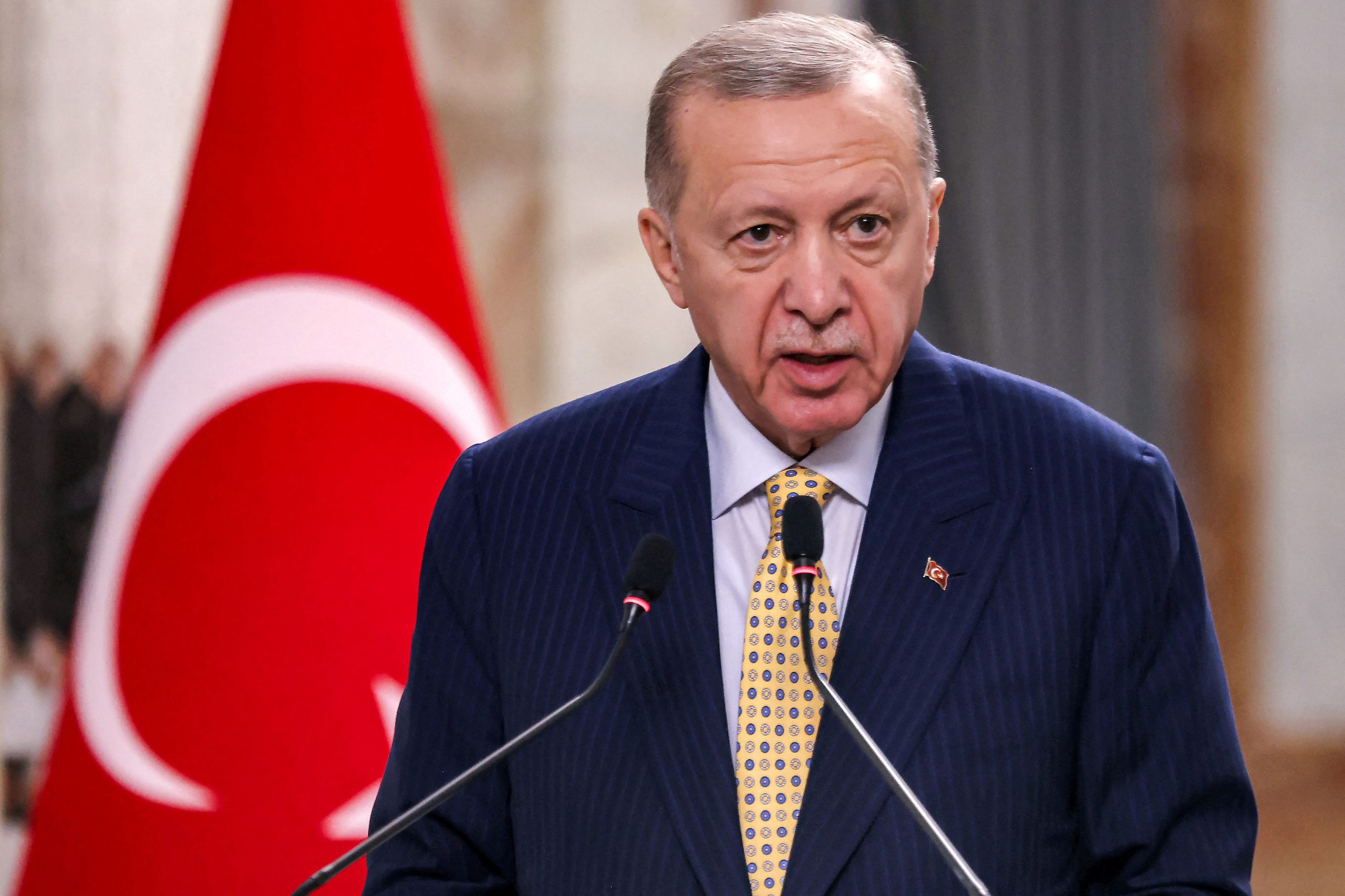Few roles appeal to the Turkish president more than sitting in the front row on the big issues of international politics and having a say in the world’s future. After the humiliation of the lost local elections, which some pundits prematurely interpreted as the beginning of the end of the Erdogan era, the Turkish president has staged a formidable return to the forefront of global affairs.
Central to this resurgence is the situation in the Middle East, a region of paramount importance in Ankara’s foreign policy landscape. “As long as God gives me my life, I will defend the struggle of the Palestinians and be the voice of the oppressed Palestinians,” Erdogan said in the middle of last week as he announced his upcoming meeting with Hamas chief Ismail Haniyeh. The encounter took place this weekend in Istanbul and lasted a substantial two and a half hours attesting to the gravity of the discussions held.
Erdogan’s stance on the Palestinian issue draws criticism, particularly from Israel – and certain Western governments. Still, there are growing signs of Washington’s inclination to involve Turkey in seeking political resolutions to the Middle East’s escalating conflicts. Reports reveal Washington’s solicitation of Ankara’s assistance in persuading Iran to mitigate tensions with Israel, emphasizing Turkey’s role as a key player in regional diplomacy.
During last week’s visit by US Deputy Secretary of State John Bass to Ankara, discussions centered on averting a potential war between Iran and Israel, as well as addressing the dire situation in the Gaza Strip. Ankara shares Washington’s stance against further escalation between the two Middle Eastern powers.
Above all, however, Turkey wants to prevent the tensions between Israel and Iran from distracting international attention from the catastrophic situation in Gaza. Erdogan is determined to shift the focus back to Palestine: “Our region is on the brink of new tensions as long as the oppression in Gaza does not come to an end,” the Turkish president said.
Erdogan’s unequivocal condemnation of Israel’s actions in Gaza reflects Turkey’s commitment to championing Palestinian rights, a position that garners limited support in the West. Moreover, Ankara’s close ties with Hamas, which Erdogan often characterizes as a liberation movement, underscore Turkey’s distinctive approach to regional dynamics.
Erdogan’s talks with the Hamas leadership at the weekend took place against the backdrop of indications that Qatar is reevaluating its mediating role in the Gaza issue.
According to media reports, the Hamas leadership is considering abandoning its headquarters in Qatar and possibly relocating to Oman. One scenario is that if Doha pulls out, Ankara could take on a stronger role. This applies not least to the stalled negotiations on the release of the hostages. One indication of this turn of events could be the presence of Khalid Mashal, who plays a central role for Hamas in the hostage issue, at the talks at the Dolmabahce Palace in Istanbul this weekend.
Following his talks with Ismail Haniyeh, Erdogan appealed to the Palestinians to overcome their differences: “The strongest answer to the Israelis and on the way to victory is unity,” said Erdogan. Successful mediation between Hamas and Fatah would be a great success for Ankara.
But an even greater achievement for the fame-seeking president would be to play a central role in freeing the hostages and establishing a ceasefire in Gaza. New Turkish initiatives in this direction can thus be expected in the near future.
Dr Ronald Meinardus is a Senior Research Fellow at the Hellenic Foundation for European and Foreign Policy (ELIAMEP) in Athens.



